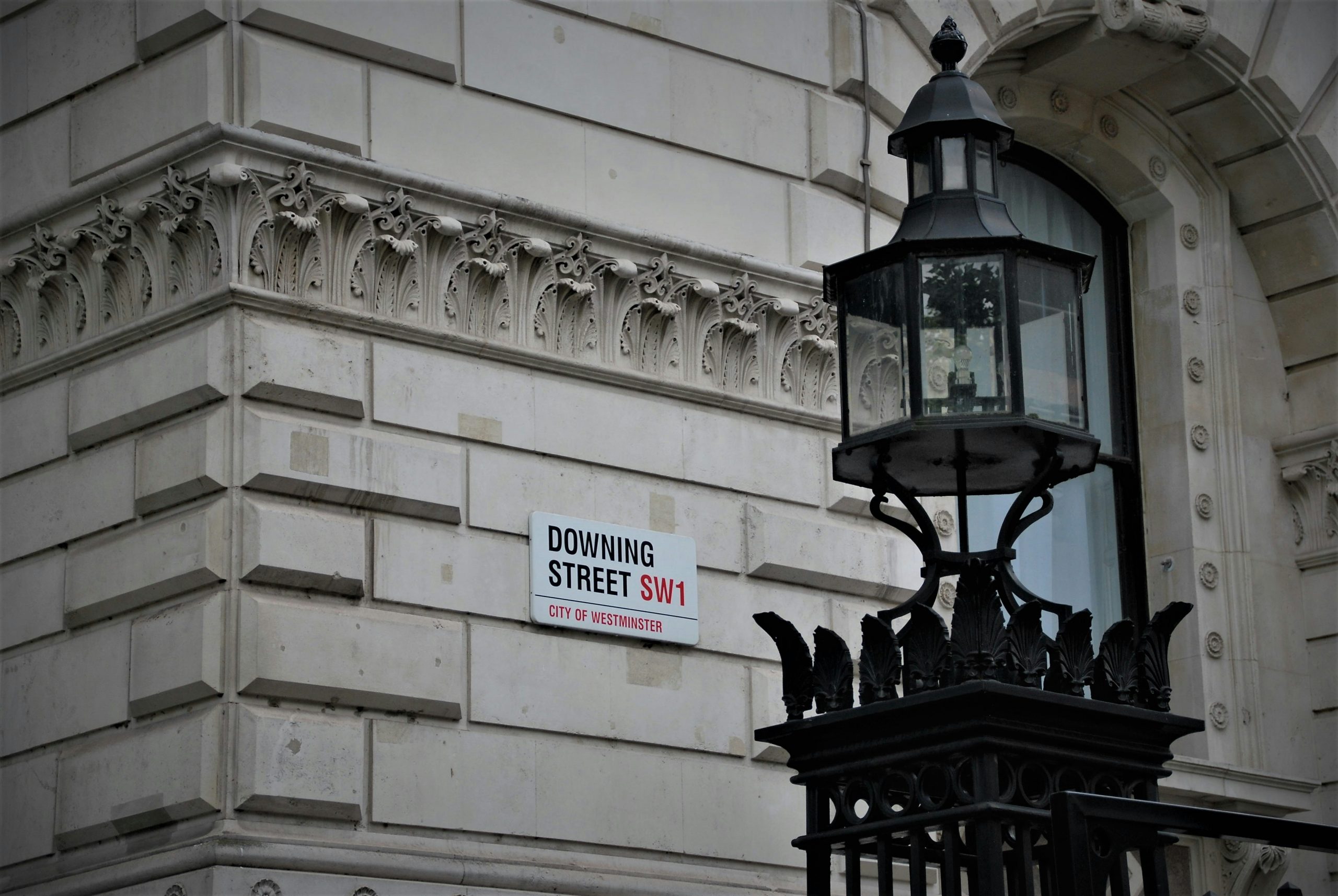
Comment Editor Jenny Sawitzki assesses the governmental hypocrisy around issues such as gambling and public donations
Recently, the Labour Party, under Keir Starmer’s leadership, has faced scrutiny in not just their policy shifts, but also for their acceptance of donations and gifts. While Labour claims to have ‘achieved more in eleven weeks than the Tories did in eleven years’ , attention has seemed to solely focus on Starmer’s acceptance of donations since becoming Prime Minister. This has been especially criticised after his return of over £6,000 in gifts in early October, just as he pledged to tighten the Ministerial Code. Under the previous code, politicians were allowed to exercise ‘individual judgement on a case-by-case basis’, resulting in varied interpretations of ethical boundaries.
Labour, as a whole, has accepted over £1 million in donations
However, Starmer is not alone in this situation -– Labour, as a whole, has accepted over £1 million in donations. For example, Shadow Chancellor Rachel Reeves received £20,000 in donations, while Joe Morris, newly elected MP for Hexham, accepted two Taylor Swift tickets worth over £1,600. This latter gift sparked criticism as Morris had voted to cut winter fuel payments, a benefit some pensioners rely on to get through winter, who now face the stark choice ‘between heating and eating’. The Conservative Party is equally under fire for donations. According to The Observer, Tories amassed over £350,000 in ‘freebies’ for their MPs, including luxury helicopter rides and clay-pigeon shooting events. Within the same timeframe, Labour MPs declared gifts worth £298,000. Which although damaging, is significantly less in comparison.
These suspiciously large donations have naturally increased the public’s wariness around Parliament’s ethical standards; however, one question remains unanswered – who is responsible for these donations? It’s an issue that extends beyond individual donations and that has quietly, and systematically, invaded British politics. Labour received £1.08 million in donations from gambling sources, with £750,000 from casino magnate Derek Webb, and a further £300,000 donation in 2023. Peter Coates, head of Bet365, also donated over £400,000 to Labour campaigns, showing the influence of high-profile gambling moguls like Coates and the Done brothers (owners of Betfred). These figures not only donate heavily, but are also among the UK’s top taxpayers, reinforcing their lobbying power.
This financial clout often results in leniency on regulations that would otherwise restrict gambling practices.
This financial clout often results in leniency on regulations that would otherwise restrict gambling practices. Politicians have been extremely hesitant to enforce changes that could adversely impact such a substantial source of campaign (and pleasure) funds. Meanwhile, the gambling industry argues that their contributions help create jobs and generate tax revenue, particularly in deprived regions. Critics, however, point out that these jobs and revenues come at the cost of rising gambling rates, which disproportionately impact vulnerable populations, namely low- income communities, and young people. According to Euronews, the UK is the second worst country in the world for online gambling, with more than 70% of adults regularly buying lottery tickets, and over 420,000 people in the UK losing £2,000 or more each year through online gambling. The 2023 government economic analysis estimates the direct cost associated with harmful gambling to be £412.9 million.
Political donations from gambling companies arguably serve as a means to secure policymakers’ absolute trust and loyalty. The consequences of these donations are blatantly evident in delayed policy actions and limited restrictions on gambling (see online forum users complaining of seeing up to 9 gambling ads per hour). Although some MPs and public health advocates are calling for reforms like higher gambling tax and stricter advertising controls, these calls often fail to gain traction in a Parliament increasingly dependent on gambling donations. The revolving door between politics and gambling lobbyists worsens the issue, with former MPs and advisers often transitioning to roles within the gambling industry. Their knowledge of government operations and access to key relationships allows them to exert substantial influence, frequently in ways that are not visible to the public eye.
Labour’s acceptance of gambling donations raises questions about the party’s claim to be a ‘party of change’.
I believe that it is increasingly clear that this entanglement of gambling money in British politics is creating a troubling paradox which is worsening year on year. As the industry grows richer, its capacity to influence policy expands, leaving behind those most harmed by gambling’s effects. In the absence of substantial reform, the gambling sector’s corrupting influence will likely persist, allowing short-term profits to overshadow long-term public health and welfare. While Starmer has pledged transparency through the return of his money, Labour’s acceptance of gambling donations raises questions about the party’s claim to be a ‘party of change’. This issue, however, is not exclusive to Labour and calls into question the wider political landscape’s dependency on the gambling industry. Without significant efforts to limit the industry’s political influence, it seems likely that short-term profits will continue to take priority over the well-being of British citizens.
Read more from Comment:
Comments